A reading list for #DisabilityPrideMonth
As July draws to a close, a look at five contemporary titles that centralise conversation on disability and queerness
The prevailing ableist mindset inflicts a particular kind of violence on a disabled body. This is a body that is already disenfranchised in a world designed to exclude it. Even when the able-bodied are sympathetic, the quality of that sympathy impinges on the disabled, taking away their agency to conduct their lives as they see fit. There is also the tendency to perceive the disabled body as one that is in perpetual need of help. The cishet ableist world is also only just beginning to grasp how complexity is further magnified at the intersection of disabilty and queerness. Here is a list of books that present a nuanced and complex understanding of both:
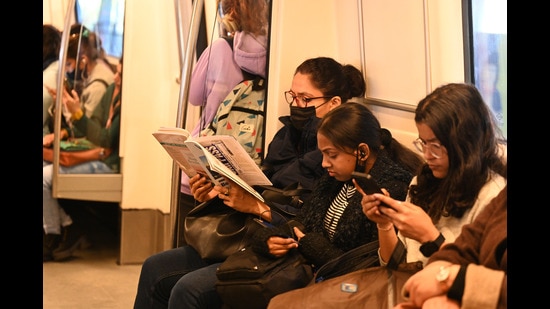
Trying to Grow by Firdaus Kanga
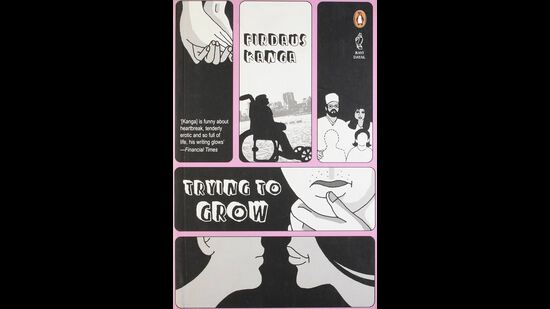
Firdaus Kanga was born with osteogenesis imperfecta (aka brittle bone disease). His humorous semiautobiographical novel, Trying to Grow, which leverages his life experiences, was first released in 1990. A groundbreaking book, it tells the story of Brit Kotwal’s disability and his Parsee family’s atypical engagement with it. The protagonist, who engages with both men and women, embodies non-normative desires. British-Indian filmmaker Waris Hussein’s 1997 film, Sixth Happiness, was based on Kanga’s novel and had the author playing the lead role.
Homeless: Growing Up Lesbian and Dyslexic in India by K Vaishali
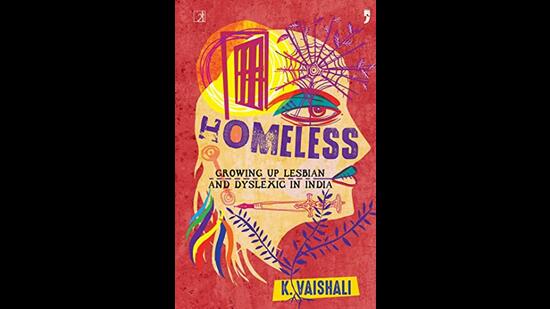
Winner of this year’s Sahitya Akademi Yuva Puraskar in the English language, K Vaishali’s Homeless is a welcome addition to the ever-expanding shelf devoted to Indian LGBTQIA+ literature. So far, except for academic books and same-sex-themed literary works by pioneers like Suniti Namjoshi, Ruth Vanita, and Maya Sharma, no Indian author has centralised lesbian experiences like Vaishali has done. The author blends the precarity of coming out with the theme of being displaced literally and figuratively because of society’s obsession with compulsive heteronormativity. The title’s narrative strength also emerges from its humorous take on queerness and caste privilege. Alongside, it busts myths on queerness and dyslexia that have been perpetuated by both mainstream and alternate cinema.
Meru by SB Divya
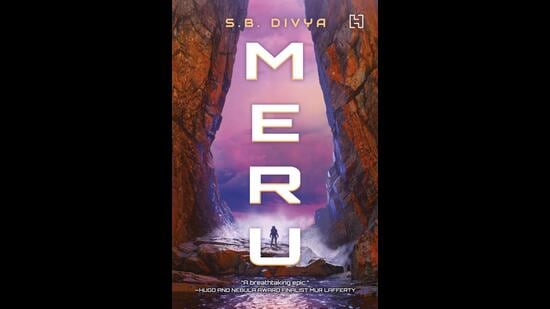
Hugo and Nebula Award-nominated author of Machinehood (Hachette, 2021), SB Divya — a speculative fiction writer, editor, and engineer — was rendered disabled due to myalgic encephalomyelitis (ME)/chronic fatigue syndrome (CFS), a neuroimmune disease that was triggered by Long Covid. Divya self-identifies as gender nonconforming and is fine with using any pronouns. Her second novel, Meru, presents a universe in which Jayanthi, the adopted human child of alloy parents, explores facets of humanity as she embarks on a journey with Vaha, her alloy pilot. Two years ago, during an interview, Divya spoke to me about being invested in exploring desires and genders beyond the binary in her literary work. This is exactly what Meru’s characters exemplify. Trans and non-binary individuals, and those who do not conform to gender often choose to use gender neutral pronouns, such as “they/them/theirs” or “ze/zir/zirs”. As a nonbinary person, just finding the use of zie/zir pronouns in Meru was refreshing. A must-read for its inventive prose and its remarkable imagination of the alloy era, the novel imperceptably explores the intersection of queerness and disability. Desi sci-fi lovers look forward to SB Divya’s next novel, Loka.
The Grammar of My Body: A Memoir by Abhishek Anicca
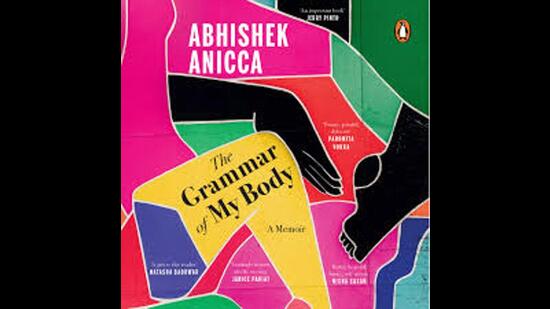
“I was irritated and embarrassed by the nakedness of my illness. I had turned 33 this January. This is not how life was meant to be,” notes writer, poet, and performer Abhishek Anicca in the first chapter of his book. The Grammar of My Body attempts to thwart ableist expectations through the author’s refusal to be coy about his disability. Much of the joy of reading this memoir emerges from the way in which Anicca, as the narrative progresses, journeys towards embracing his disability, owning his vulnerability, and refusing to be inspiration porn for a world that is overwhelmingly cishet and ableist.
Leg: The Story of a Limb and the Boy Who Grew from It by Greg Marshall
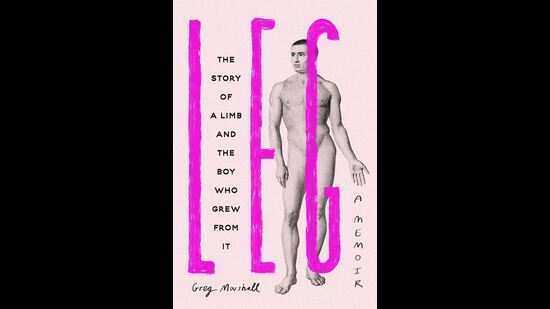
The search for belonging is one of the central quests of human life. Artists, especially, often spend their lives looking for a place, person, or a thing to call “home”. But what if you were never given some crucial information about your own body? What if, as a result, you feel like a stranger to it? This is a displacement that can perhaps never be named. American writer and editor Greg Marshall was never told that he had cerebral palsy. That this crucial bit of information was withheld from him made Marshall confront the idea that he was in “another closet”, even though he had already “come out” and embraced his sexuality. His memoir touches on familial relationships and on dealing with vulnerability because of disability and queerness. The 2024 Lambda Literary Award finalist in the Gay Memoir/Biography category, Leg is humorous and insightful.
Saurabh Sharma is a Delhi-based writer and freelance journalist. They can be found on Instagram/X: @writerly_life.





